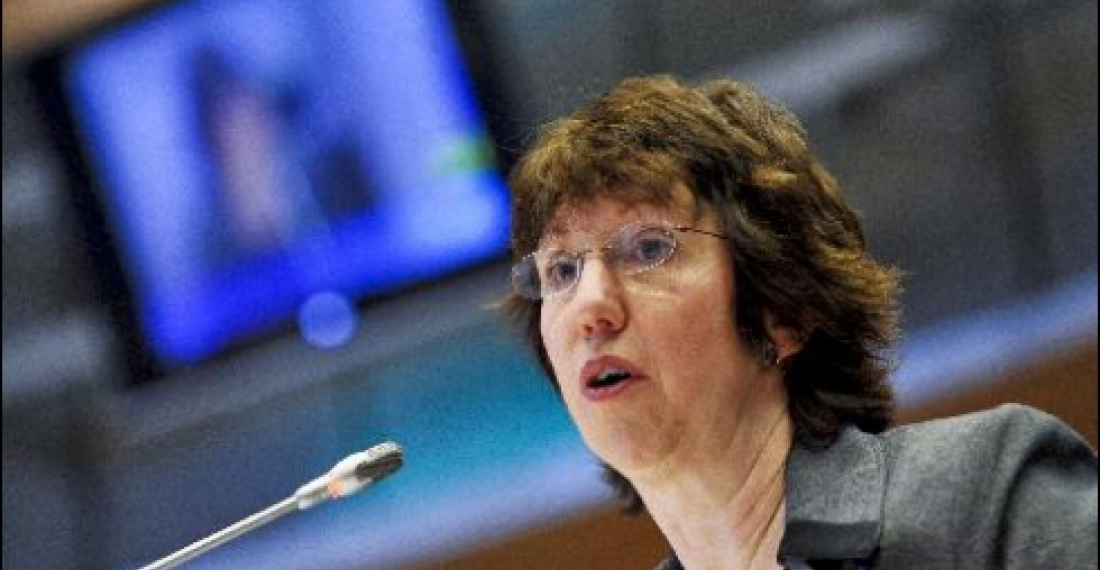Процесс облегчение визового режима между Арменией и Евросоюзом на стадии выполнения технической задачи с обеих сторон. Об этом 17 ноября в Ереване заявила Верховный комиссар Евросоюза по вопросам внешней политики и безопасности Кэтрин Эштон на совместной пресс-конференции с главой МИД Армении Эдвардом Налбандяном, комментирую вопрос о причине затягивания процесса.
«Процесс облегчения визового режима между Арменией и Евросоюзом не затягивается. Я объясняла министру и премьер-министру Армении, что процессы, связанные с визовым режимом и торговлей на начальном этапе длятся долго. Причина в том, что существуют многочисленные вопросы технического порядка, которые необходимо решить. Часто кажется, что это самая длительная и самая сложная часть процесса, но не стоит рассматривать это как затягивание. Как только вся техническая работа будет проделана, процесс переговоров пойдет намного быстрее», - подчеркнула еврочиновник. Она отметила, что техническая работа должна быть проделана с обеих сторон, подчеркнув, что важно, чтобы работа была проделана соответствующим образом. «Я уверена, что мы скоро достигнем существенных результатов, но, прежде всего, техническая работа должна быть завершена», - повторила Эштон.







